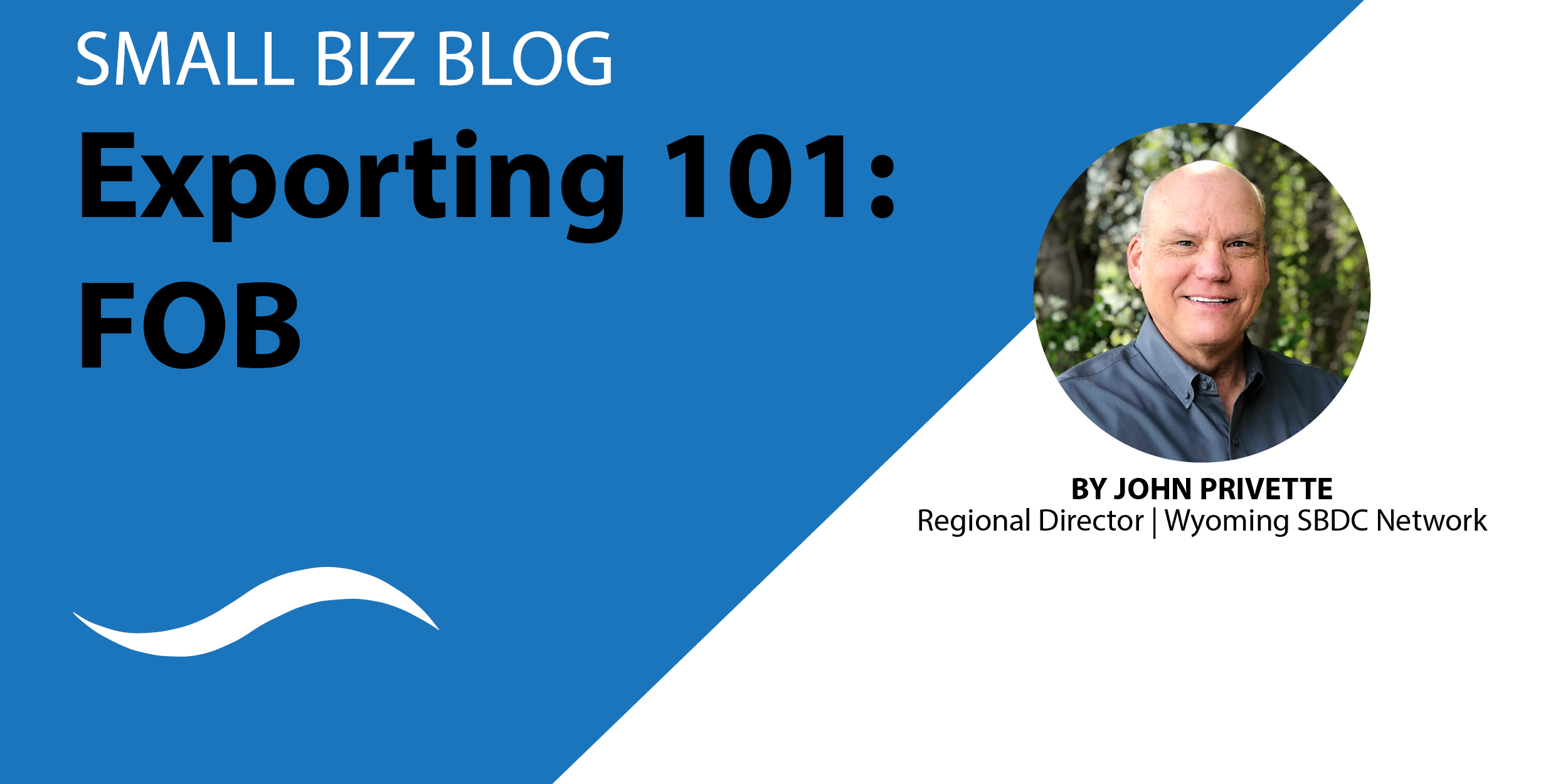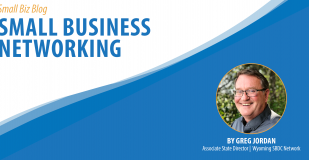International trade involves a lot of rules, regulations and terms that can be confusing to a small business owner, but that shouldn’t stop you from expanding your market outside of the United States.
Free on Board (FOB) is one of the oldest shipment-delivery terms and means that the seller fulfills delivery obligations (and ends seller risk) when goods are loaded onboard a vessel at the port location on the seller’s side. This definition is set out in the Incoterms 2010 Rules, which are the standard sets of trading terms and conditions designed to assist traders when goods are sold and transported.
Used for exports, FOB relates to the Seller and Buyer shipment and delivery obligation, but the following criteria must be met:
- Restricted to sea and inland waterway transport.
- Buyer selects freight forwarder, contracts carriage, and pays for freight to destination.
- Neither the Seller nor the Buyer have any obligation to each other to obtain a contract for insurance. This should be defined in the sales contract.
- Applies to goods lifted across the ship’s rail (break-bulk cargo, no containers)
- Applies to goods tendered to the ship in hoses for liquid cargo.
- Applies to goods filled from silos when the cargo is to be carried loose in bulk.
Note that for containerized shipments, FOB Incoterms 2010 should not be used because containerized shipments do not meet the criteria listed above. It’s also important to understand that the commonly used trade term FOB Factory (which means the seller is free of risk once the goods leave the shipper’s loading docks) is recognized by the U.S. Uniform Commercial Code for domestic shipments, but is not recognized by Incoterms.
The freight forwarder organizing the trade typically recommends the appropriate Incoterms, but having an understanding of Incoterms allows you to evaluate the obligations and risks involved when exporting and in the preparation of the sales contract.
If you have more questions about FOB Incoterms 2010, or anything else related to exporting, please reach out to our international trade expert, John Privette, at jprivett@uwyo.edu.
John Privette is the regional director for Laramie and Goshen counties. John holds a master’s degree in Business from Colorado State University. He has extensive experience in business start-ups, business development & marketing, and international trade. John is also a NASBITE Certified Global Business Professional.
When he’s not in the office:
John enjoys DIY projects, hiking, and exploring Wyoming geology.






